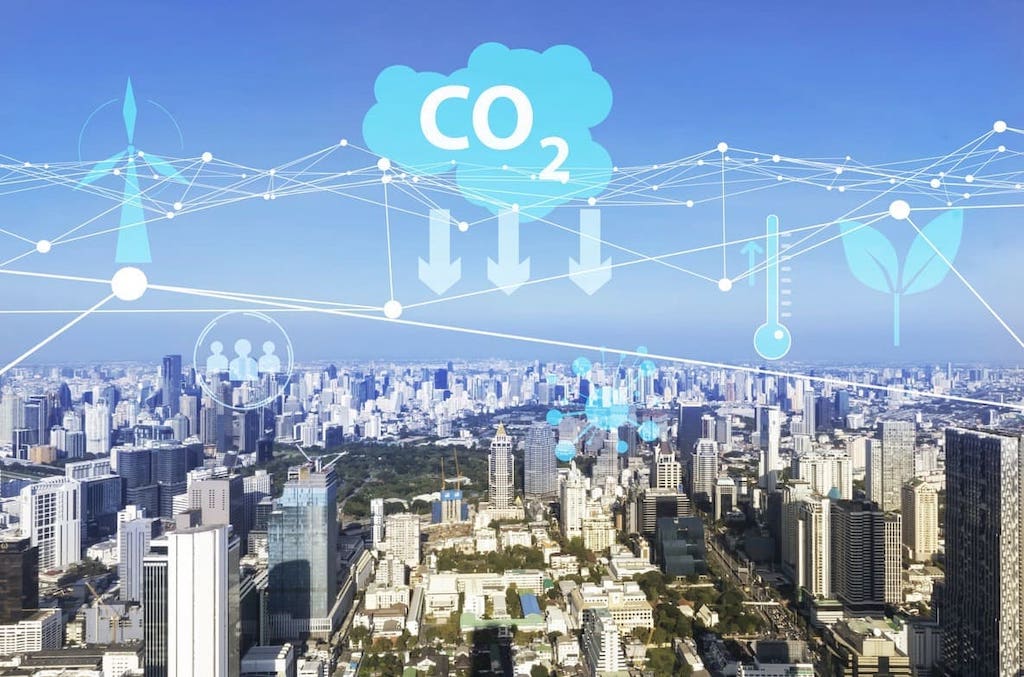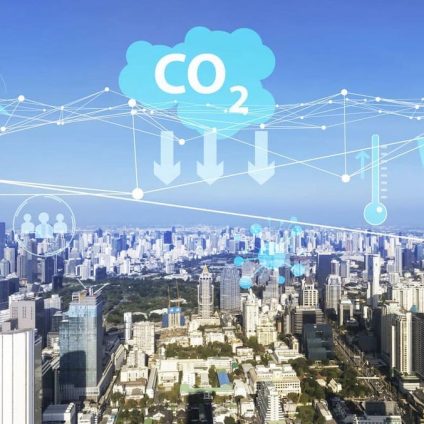The Elephant in the Room Remains the Exit from Fossil Fuels. While more companies are drafting transition plans, they are often lacking in transparency and fail to align with the Paris Agreement goals. The UN report "Integrity Matters" takes stock of the situation.

Corporate Climate Commitments on the Rise, But Still Lack Consistency, Transparency, and Ambition.
The weakest point? Voluntary plans almost never mention phasing out fossil fuels. Not only that, companies often have plans that are misaligned with their investments (and vice versa). They neglect considerations of ecosystems, biodiversity, and just transition principles. External monitoring by independent sources is also lacking.
These are the conclusions of the report “Integrity Matters”, presented at COP29 in Baku by the UN High-Level Expert Group led by Catherine McKenna. The former Canadian Minister of Environment and her colleagues assess the progress of climate commitments and net-zero targets in the private sector.
The private sector plays a crucial role in driving climate ambition and global adaptation to climate change. Reducing direct emissions, investing in clean technologies, influencing global value chains, and channeling investments into sustainable sectors are some of the areas where corporate climate commitments can make a difference.
“Voluntary efforts are not enough for the scale and pace of change we need to see,” McKenna stated. “We also need governments to step up and regulate net-zero commitments to address competitive concerns and provide certainty for investment decisions.” Positive developments in this regard include the EU’s new CSRD (Corporate Sustainability Reporting Directive) and recent progress in California.
The Elephant in the Room: Saying Goodbye to Fossil Fuels
For these reasons, in 2022, UN Secretary-General António Guterres established the working group led by McKenna, one of the architects of the Paris Agreement (she facilitated the COP21 negotiations on Article 6 of the agreement, which deals with carbon markets). What does the second report, presented in Baku in recent days, reveal?
The alarm bell rings for fossil fuels and the lack of a gradual phase-out process (already established in the climate conference process, starting with COP28 in Dubai in 2023):
- Progress on phasing out oil, gas, and coal in the corporate sector is limited. Only 3% of oil and gas companies have commitments to eliminate fossil fuel production.
- The gap between commitments and reality is stark. Since 2015, when the Paris Agreement was adopted, 57 companies responsible for 80% of emissions in the sector have increased production.
- This increase is made possible because it continues to be financed. The 60 largest private banks have financed fossil fuels with $6.9 trillion since 2015, including $3.3 trillion for expansion. Meanwhile, public fossil fuel subsidies have reached $7 trillion and show no signs of significantly decreasing.
Similarly, private sector climate commitments do not reflect the global goals of tripling renewables and doubling energy efficiency by 2030.
Corporate Climate Commitments: Numerous but Low Quality
Voluntary commitments and transition plans are “more widespread” than two years ago, but “only a fraction of existing commitments, targets, and transition plans are aligned with 1.5°C.” The report summarizes the quality problem affecting corporate climate action:
Three main issues emerge from corporate climate commitments:
- Lack of alignment with the 1.5°C target,
- Lack of intermediate targets,
- Lack of transparency in corporate strategies.
All these challenges converge in the slippery realm of carbon markets:
- To align with 1.5°C, emissions need to be reduced at the source. However, credits are often used to avoid real reductions in greenhouse gases.
- Only 5% of companies transparently disclose the use of carbon credits and specify projects with unique identification criteria.
- There are no mandatory rules to limit the use of carbon markets (e.g., allowing them only to address residual emissions), nor are there enforceable rules to ensure criteria like permanence and additionality.
The updates planned for 2025 by organizations setting net-zero standards must increase convergence around goals, plans, and high-integrity disclosure guidelines. This would pave the way for governments to mandate the adoption and disclosure of climate transition plans aligned with the Paris Agreement. High-integrity plans drive action.
Resistance to Change
In the chapter on lobbying, the report highlights that a large portion of corporate outreach activities are not aligned with Paris Agreement goals. According to the latest monitoring by InfluenceMap, cited in the report, fewer than 10% of companies meet the standards.
What does all this mean? Governments and the public “are not listening to what companies need to achieve net-zero, particularly because the fossil fuel industry continues to finance policies and political opposition against the transition away from fossil fuels,” write the UN report’s authors.












